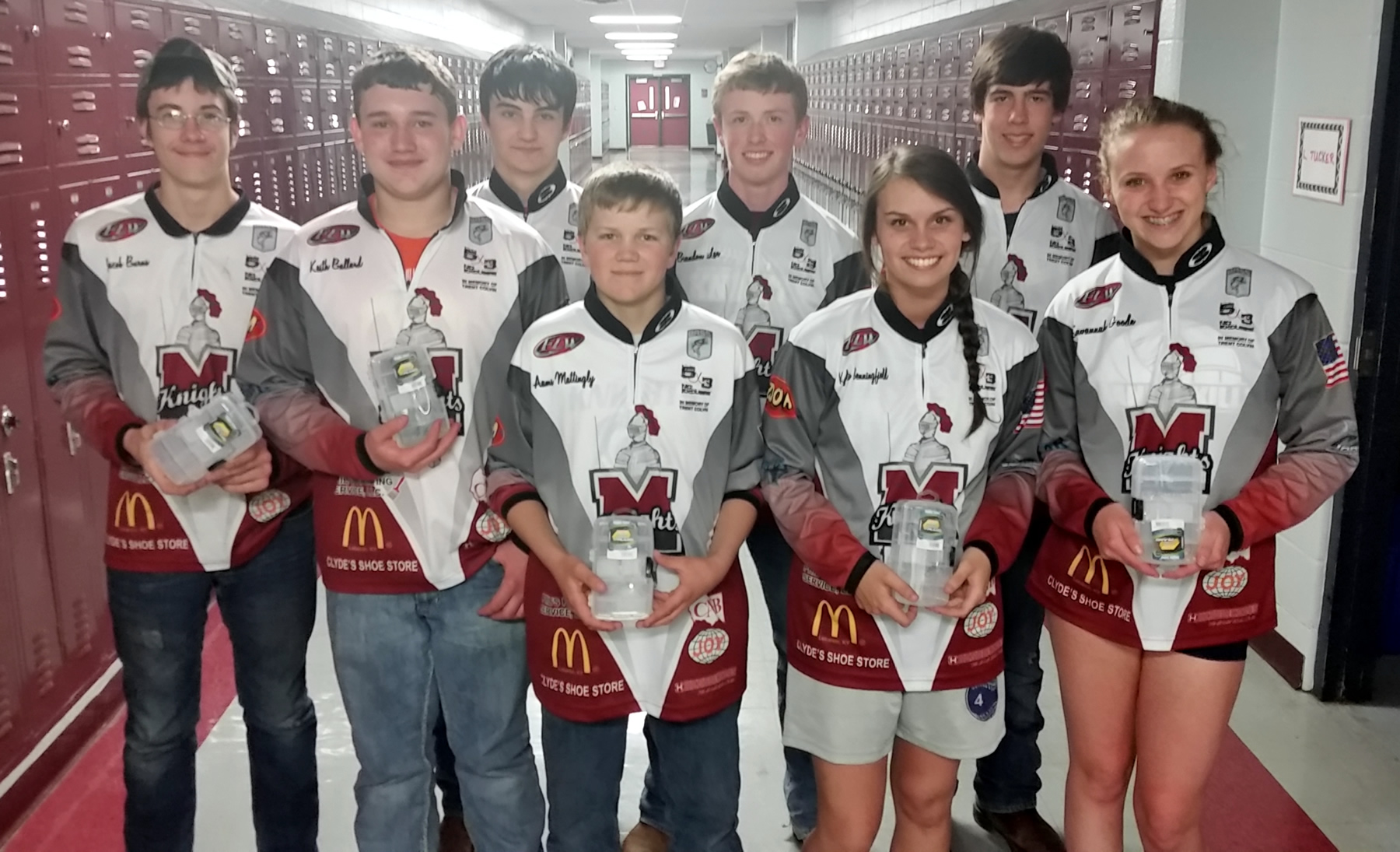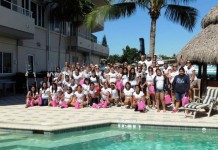This weekend, I was fishing one of my boyhood spots; mostly for nostalgia, partly to kill time – something magical happened. A group of 3 boys peddled past me, all in a hurry to get somewhere – a fishing hole just down river from me.
I pulled in a nice 10 lb. carp, and one of the boys was watching me pull it in from a distance. I could hear him yelling something to his buddies but I couldn’t understand it, I have to assume that it was a relayed report. Shortly afterwards, one of the boys hooked into a carp about the same size as mine (or bigger if you ask the boys – the nature of fishing I guess) and was battling it in. I quickly grabbed my camera and ran over to watch them haul it in. It gave the boys quite a fight as they were using light tackle. I could see the looks on their faces when it would make big runs. When they got the fish to shore, none of the boys really knew what to do with the fish. Finally, after a one-minute debate, one of the boys went down to the water’s edge and yanked the fish out of the water. After posing for a few pictures, one of the boys offered me the carp – which I gladly took for my collection an old timer’s smoker; and we parted ways.
 This weekend’s event really brought up a good notion that I’ve been kicking around for a while. I hear a lot of chatter in the fishing industry on how we need to be more youth focused and that we need to “take a kid fishing.” Do we really? Are youth the future of the outdoor (or any other) industry? It seems that everywhere I go in the professional fishing industry, there is some mention of youth mentoring programs. I think just about every professional angler I know is involved with a program or is promoting a program of some sort. It seems that every one of the programs have a common theme, “kids are the future of the fishing industry (or any other outdoor industry).” I think it’s great that we are an industry that’s youth focused and driven to constantly give back to our communities. And truth be told, I’m involved in quite a few programs in the La Crosse area myself, but something dawned on me about a year ago. Are the children really responsible for the future of the industry?
This weekend’s event really brought up a good notion that I’ve been kicking around for a while. I hear a lot of chatter in the fishing industry on how we need to be more youth focused and that we need to “take a kid fishing.” Do we really? Are youth the future of the outdoor (or any other) industry? It seems that everywhere I go in the professional fishing industry, there is some mention of youth mentoring programs. I think just about every professional angler I know is involved with a program or is promoting a program of some sort. It seems that every one of the programs have a common theme, “kids are the future of the fishing industry (or any other outdoor industry).” I think it’s great that we are an industry that’s youth focused and driven to constantly give back to our communities. And truth be told, I’m involved in quite a few programs in the La Crosse area myself, but something dawned on me about a year ago. Are the children really responsible for the future of the industry?
The reality we face is no, the children really aren’t the future of the industry – gasp – what! Yep, the truth is adults aged 25-35 are the sandwich generation that gets missed when thinking about all these programs.
Here’s the thing, studies show that youth that engage in outdoor sports often drop out of the sporting industry around age 16. There are several factors for this: school, work, and organized life cut into the fun. Studies further show that the child then becomes active at age 25, as they graduate school, or start looking for affordable entertainment as a young family. Another factor in midlife outdoor sports is mom. If mamma ‘aint on board, nobody on board. Family dynamic studies show that women set the tone for family fun activities. If she isn’t comfortable with the kids going on outings, then she more than likely isn’t going to sign-off on the event.
What’s problematic about all these wonderful youth programs that are popping up all over the place, is lack of follow through. So you’ve created a really fun event, you teach a gazillion kids how to cast and catch fish. When little Johnny comes home, he talks about the good times he had and unless his parents are supportive on him following through with his new found skills, he’s gong to fall right back into the same routine he had before the event. How does one correct this, or enhance their youth programs?
Become more parent focused. When you’re running your youth program, look for parents that are interested. Engage with them and ask if they have any questions. Find out if they are interested in following through with outdoor activities after the event. Have fliers and information handy for them to look at post-event. I often invite parents and families on 1:1 outings after the event, inviting dad or mom to be more hands on so they can do it themselves. Because truth be told, the ultimate youth mentoring program is parenting. It only takes a couple hours to get out and try new things.



